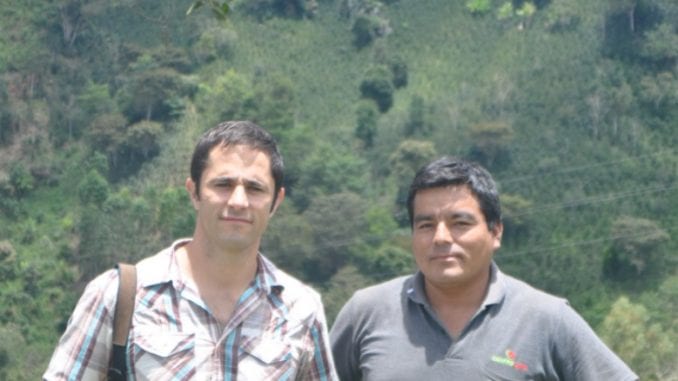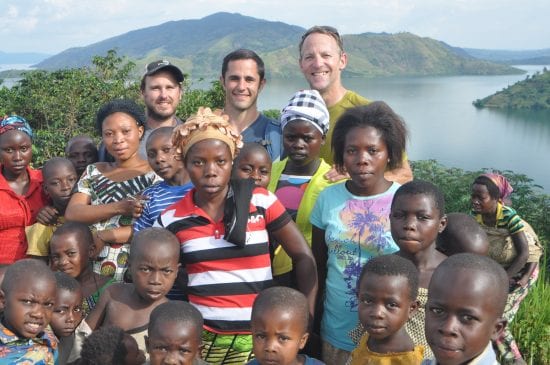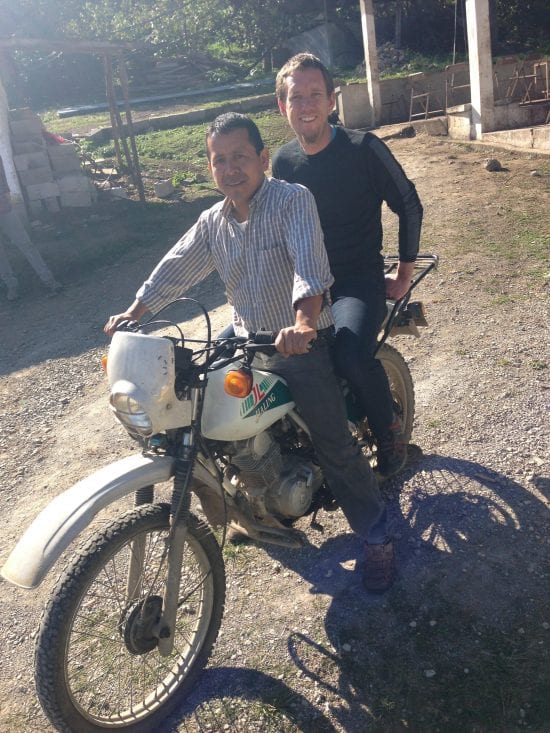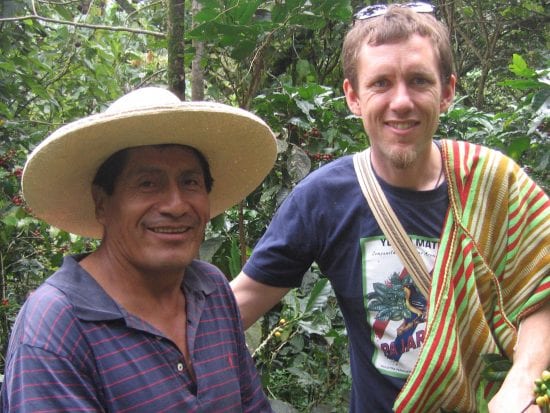
Wisconsin roaster explains decision to pay unprecedented high prices for coffee.
BY CHRIS RYAN
BARISTA MAGAZINE ONLINE
At the end of February, Wisconsin-based Kickapoo Coffee announced on its website a company mandate to pay a minimum price guarantee of $2.75 FOB per pound of green coffee. (FOB stands for Free on Board, which Kickapoo described in the announcement as a common standard for approximating the final price to farmers.) Kickapoo reports this is the highest published minimum price in specialty coffee, close to double the current C-market price hovering around $1.40. Barista Magazine talked to Caleb Nicholes, co-owner of Kickapoo with TJ Semanchin, about the company’s decision.

Chris Ryan: What brought about this new minimum price?
Caleb Nicholes: We have always considered ourselves to be good buyers, seeking to cultivate meaningful relationships with farmers as well as to pay good prices for the coffees we buy. When we did a little historical research, we discovered that the C price has been largely static for the last 50 years. When you adjust for inflation, coffee farmers in the 1970s were making $6 or $7 a pound for commodity coffee, with no quality premiums. But that price stayed the same while costs of production and daily living expenses have gone up and up. Coffees are 10 times better than they used to be; we’re asking more and more of farmers and paying them less every year. When that realization fully dawned on me, my heart hit the pavement. We knew we had to do something about this.

CR: How did you determine $2.75 as the number to go with?
CN: We read everything we could about the actual cost of production for coffee producers, but honestly there’s not a ton of data out there. We’re very integrated with our producing partners—as a company we focus on purchasing mostly from smallholder farmers—so we had a lot of conversations with groups like the SPP (Simbolo de Pequeños Productores), a certification focused on smallholder producers. We also took into consideration that we don’t buy just any coffees—we have very rigorous quality demands, and most of what we buy is organic. So $2.75 was a realistic number we could work with, but it also feels like it still isn’t enough. In my heart of hearts I would have loved to have made it $3. But the reality for us is that we’re competing against a lot of other roasters who will continue to purchase coffee for $2 or $2.20. We don’t want to pay prices that ultimately result in us losing a part of our market share. So $2.75 is where we landed.

CR: In paying higher prices, you’re also calling for more transparency in your supply chain. What has that process been like so far?
CN: Yes, the only privately owned washing stations we want to work with are those willing to open their books and give us a breakdown of how they’re paying farmers. And we also want the co-ops we work with to be operating transparently. It’s not always the easiest thing to communicate or even ask for as a buyer. It’s a nuanced conversation that happens over multiple visits and sometimes multiple years. But transparency is extremely important to us as a company, and so we really try to work exclusively with organizations that share those values. I think the industry is more and more asking for that level of transparency and accountability, and I think we’ll be a stronger industry as long as we ask for that.

CR: Finally, what is your hope in making this announcement?
CN: In putting this out there like we did, we’re hoping to inspire and motivate other roasting companies to question their own practices around remunerating coffee farmers. We’d like to see some of the more quality-oriented roasters continue to step up in this area. They developed a marketplace for charging more and for creating market differentiation, and they’re the ones who are really able to pay more and charge more. And that’s ultimately what has to happen, and everyone will benefit. The more we start paying attention to these kinds of issues as an industry, the more it will help stabilize the quality-coffee supply chain.

